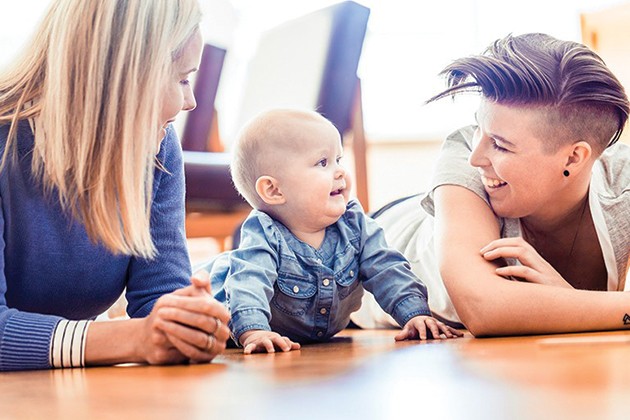Advice on Parenting a Child with ADHD

Dear Highlights,
I have ADHD and I am very hyper. I sometimes get in trouble. What should I do to avoid this? —Anonymous
I have a hard time listening to my parents because I have ADHD. I take medicine, but sometimes it is hard to listen. My medicine helps a lot, but I still need a little help. Do you have any advice? —Anonymous
Grappling with ADHD can be tough for both children and adults. But parents can support their children with ADHD by helping them with the specific areas where they struggle.
“ADHD is really just disorganization of the brain where children can’t focus,” Annette Nunez, a psychotherapist in private practice in Denver, Colorado, told Highlights.
Here are some specific ways to help a child diagnosed with ADHD.
But parents can support their children with ADHD by helping them with the specific areas where they struggle.
Exercise, exercise, exercise
While all children should move their bodies regularly, Nunez said that children with ADHD absolutely need to exercise because it helps them better manage their symptoms.
“Physical activity really really helps with the ADHD mind because the ADHD mind is really active. But so are the ADHD bodies,” she said. “It’s really important that when a child has ADHD that they’re getting physical exercise, and a lot of proprioceptive exercises work.”
Proprioceptive exercises are exercises that allow people to do things, such as taking a step, without thinking of doing it or watching as they do it. Such tasks often involve balance, coordination and spatial awareness. Jumping rope, skipping, walking on a “tightrope” or doing tree pose or bird dog exercises are types of movements that bolster proprioception and help children with ADHD thrive.
Get organized
On top of encouraging children to move their bodies, Nunez recommends that parents help their children with ADHD to organize things. One option might involve color-coding everything. All materials related to math might be purple, while information regarding violin practice might be red.
“Teach them at a younger age to categorize things — that things have a place, things have a purpose,” Nunez explained. “Teach them how to write notes as reminders … giving them the skills and strategies to organize.”
Encouraging them to use their minds creatively also helps them stay engaged. Nunez said she has seen 3D graphic organizers that some children with ADHD really enjoy using.
“The child can tactilely touch the main points,” she said. “Some of them are tactile learners, so that’s a beautiful thing with ADHD. You can teach them organization skills in a creative way that works for your child.”
Give special attention to reading
When children with ADHD struggle to pay attention while reading, Nunez suggests parents try different ways to engage them.
Parents might try to give their child with ADHD books that have been turned into graphic novels, for example. The images and the pictures combined might help them pay attention and retain information better. Other children might benefit from listening to audiobooks.
“There are so many interactive books as well,” Nunez said. “There’s just so much more out there than when I was younger that kids have access to now.”









